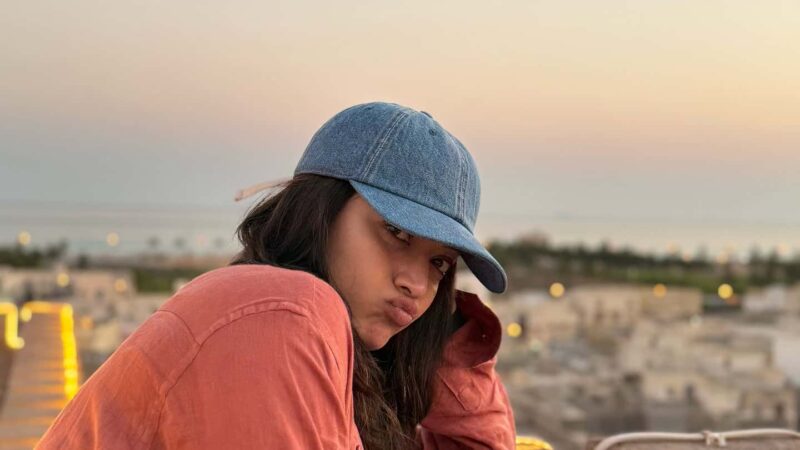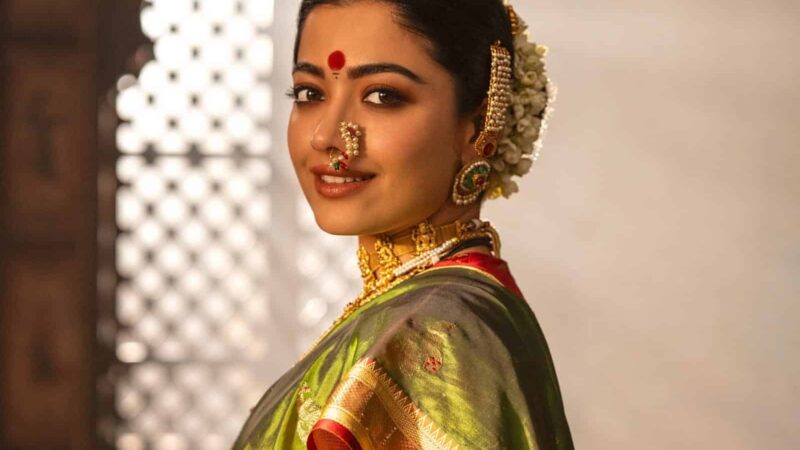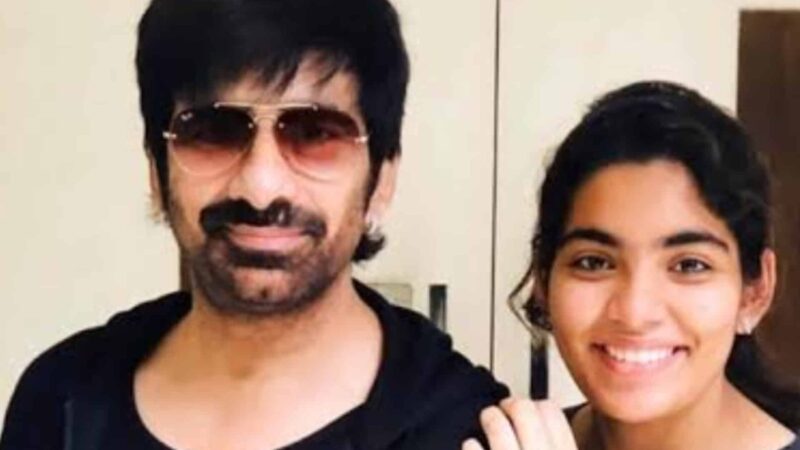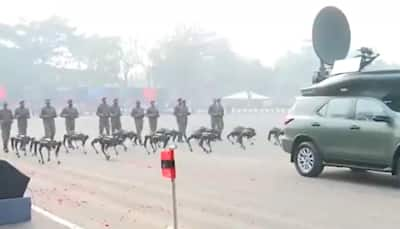Of all the stories to have rocked the Indian media and entertainment world of late, few have raised more eyebrows than news of a well-respected studio in Mumbai that was recently shut down — apparently hounded into shutting up shop — after a violent rampage by a bunch of thugs from the Shiv Sena. It was the second storm involving the studio, which had made waves earlier with its Invincible, India’s Got Latent episode with YouTuber Ranveer Allahbadia was embroiled in yet another controversy, this time pointing to an alleged politically motivated attack.
The incident has redrawn once again the lines of explosive tension where the entertainment business and political parties here are concerned over where the Art Wars end and free speech on the political campaign trail begins. In this post, we’ll break down what happened in the lead-up to the attack on the Mumbai studio, how the attack reflects on the creative community, and why this kind of incident speaks to the larger issues of free speech, censorship and political interference in the media.
The Power of Political Satire — Kunal Kamra and the Age of Censorship
Controversy is not new to Kunal Kamra, whose name has become synonymous with political satire and humor. A veteran with a penchant for irreverent commentary on current political personalities, Kamra has repeatedly run afoul of political organizations. His brash declarations and posts on social media have resulted in numerous instances of controversy, including threats to sue and calls to boycott. His run-ins with political groups such as the Shiv Sena are just one symptom of the broader dilemma India’s media and entertainment industry faces trying to balance free speech with political power.
Kamra has taken recently to social media to target various political figures, including the chief minister of Maharashtra, Eknath Shinde. His campy humor, like the work from the Mumbai studio that was embroiled in the India’s Got Latent controversy, attempts to directly challenge the political status quo. Kamra’s brand of blunt, sarcastic and unrefined humor has drawn both admiration and criticism but there is no denying his style of humor has helped catalyze a broader discussion about the role of satire in Indian politics.
Tweet Cut — The Shiv Sena Rampage — What Happened At The Studio?
It was a typical evening in Mumbai when the city’s pulse was shaken by a daring heist at a famous studio in the city’s center. Shiv Sena activists broke into the premises and went on a rampage, vandalizing and assaulting the staff who were doing what they have been hired to do — run and film the studio. The attack, eyewitnesses reported, was a direct consequence of the studio’s recent work, which had purportedly riled up political leaders, including those from the Shiv Sena faction.
And it wasn’t the first time that the studio found itself in hot water. The India’s Got Latent episode had given a new meaning to the sullied television elements of borderline smut and gay content, different to the likes of the studio behind it, which was making a name for itself with its provocatively explicit but often adventurous fare. Ranveer Allahbadia, a popular YouTuber, was featured in this episode, whose comments landed like an eruption on social media. Allahbadia’s comments on sensitive subjects surrounding politics, identity and even with social structures, had angered certain sections of society, triggering demands for action from different political organizations. The episode about India’s Got Latent did million of views — but also drew heavy scrutiny, particularly from Shiv Sena backers who think such content has crossed a line.
Following the attack, the studio’s management released a public statement and announced that it was preparing to suspend Operations and close indefinitely. The strike and its aftereffects — the studio has been shut — have raised many pertinent questions about the course of media freedom in India.
Bali Pass Destruction (Ankara Mustafa, 4 Jan 1984)
To appreciate the brilliance of this awakening, you have to get the details around the firing of the one studio in question, and the India’s Got Latent episode featuring Ranveer Allahbadia that made it possible. Notorious for his audacious narratives and a no-holds-barred approach, Allahbadia became a punching bag for some controversy when he allegedly gave a politically tinged commentary during the episode. In the segment, Allahbadia expressed his opinions on a range of socio-political matters, many of which many found controversial — particularly with respect to the role of politicians in India.
Although the content of the series was meant to be comical and satirical in nature, it touched a very raw nerve in the political class, especially the Shiv Sena which has been known to be over protective about its image and its leaders. The episode faced wide-ranging condemnation for its content, with many accusing Allahbadia of maligning political candidates and belittling their work. Shiv Sena acted quickly to the episode, as politicians from the party and their supporters demanded that the programming be taken off-air and the studio punished for airing such content.
Though the episode was ultimately taken down, the studio could not escape the criticism for the connection to the contentious episode. The Shiv Sena’s support base then felt insulted when the studio aired the content as it hurt their political ideology and leaders.” It was this which culminated in the rampage at the studio, with the Shiv Sena activists apparently demanding that the studio apologize for offending their political sensibilities.
The Aftermath: The Studio Shuttered Its Doors
Due to this tragedy, the studio management confirmed the heartbreaking news statement that production would be put on hold. Representatives for the studio also said they were disappointed at the turn of events, saying their team had always aimed to produce material that was relevant, stimulating and at times controversial. Yet, following the ongoing threats and now with the violent attack, the team decided it was no longer safe to continue their work in Mumbai.
However, while the shutting down the organization is a serious blow to the creative community, it emphasizes the increasing power of political parties as a force in controlling the narrative within the entertainment sector. The studio’s closure is a direct result of political pressure, where the dividing lines between entertainment and politics are increasingly blurred.
The incident is seen by many as part of a worrying pattern in India, where political meddling in the media is increasing. The demise of the studio is not just the closing of a single production facility — it is about the larger implications for free speech, artistic freedom in the country. If even a major studio, which maintains an independent spirit in houses it creates content for, can be silenced by the sword of Damocles of political coercion, the question must be asked, at what point will the entertainment industry in India be free of any influence from outside pressures?
Shiv Sena’s Hand: Political Power and the Assault on Free Speech
The Shiv Sena’s role in the marauding fits into a broader story of political groups trying to dominate media and entertainment. The party has long been known for taking an aggressive stance when it comes to protecting its ideology and political leaders and has been a key player in Maharashtra politics. Such is the political clout wielded by Shiv Sena; as a group, it seems the party turns to histrionics to reinforce its control over the narrative both in politics and entertainment.
The party’s role in shuttering the Mumbai studio also highlights the growing weaponization of media and entertainment in Indian politics. When social media, TV shows and digital platforms can make or break public opinion, political parties know what works and what doesn’t. Although the episode with Ranveer Allahbadia’s content was a light-hearted satirical audio-visual, this comment hit home in the Shiv Sena’s political base, which resorted to violence to suppress content they find objectionable.
It represents a broader problem: political parties cracking down on channels for criticism or ridicule. The Shiv Sena rampage is a glaring example of the increasing threat to media freedom from the political class in India.
THE BIGGER PICTURE — Censorship and the Future of Creative Expression
The Mumbai studio’s shutdown is part of a trend. Media outlets, comedians, artists, and content creators have all been typical victims of censorship and retractions forced by political pressures in some of these cases just over the last several years and massively in the last several weeks. This is a dangerous trend; suppressing free speech in the name of protecting cultural or political sensitivities is an act of utter cowardice that does not protect people but is, in fact, an affront to democratic dialogue.
The bigger question that arises is when does India balance between protecting free speech and the sentiments of political or cultural groups? The tension between media and political freedoms has historically never been evenly balanced; recent events such as the Shiv Sena assault starkly reveal the politics of fear dominating the right to speak and the new generation of media.
India plans to progress further, the creative community must tenuously tread these waters. Will it keep prodding and defying convention, or will it succumb to a self-censoring cycle, fearful of the consequences of crossing the political divide?
Conclusion — A Very Sad Day for Creative Expression
The shuttering of the Mumbai studio after the Shiv Sena rampage should serve as a sobering reminder of the price sometimes paid for creative expression in India. And although political satire and entertainment are important to the well-being of any democratic society, these incidents are signs of the growing dangers that creators who berate the powerful face.
This studio’s closing marks not only the end of an era for that particular production house, but also a dark day for the future of free speech in India’s entertainment industry. But with political parties now slowly hunting down creators that step out of line, the question is now — will India’s artists and content creators still be able to express themselves freely or will they be silenced by political pressure?
What do you think of the Shiv Sena rampage and the Mumbai studio shutting down? Do you think political interference is restricting creative freedom in India, or is it a necessary check on offensive content? For more analysis on the coupling of politics and entertainment in India, do subscribe and let us know what you think in the comments section!







